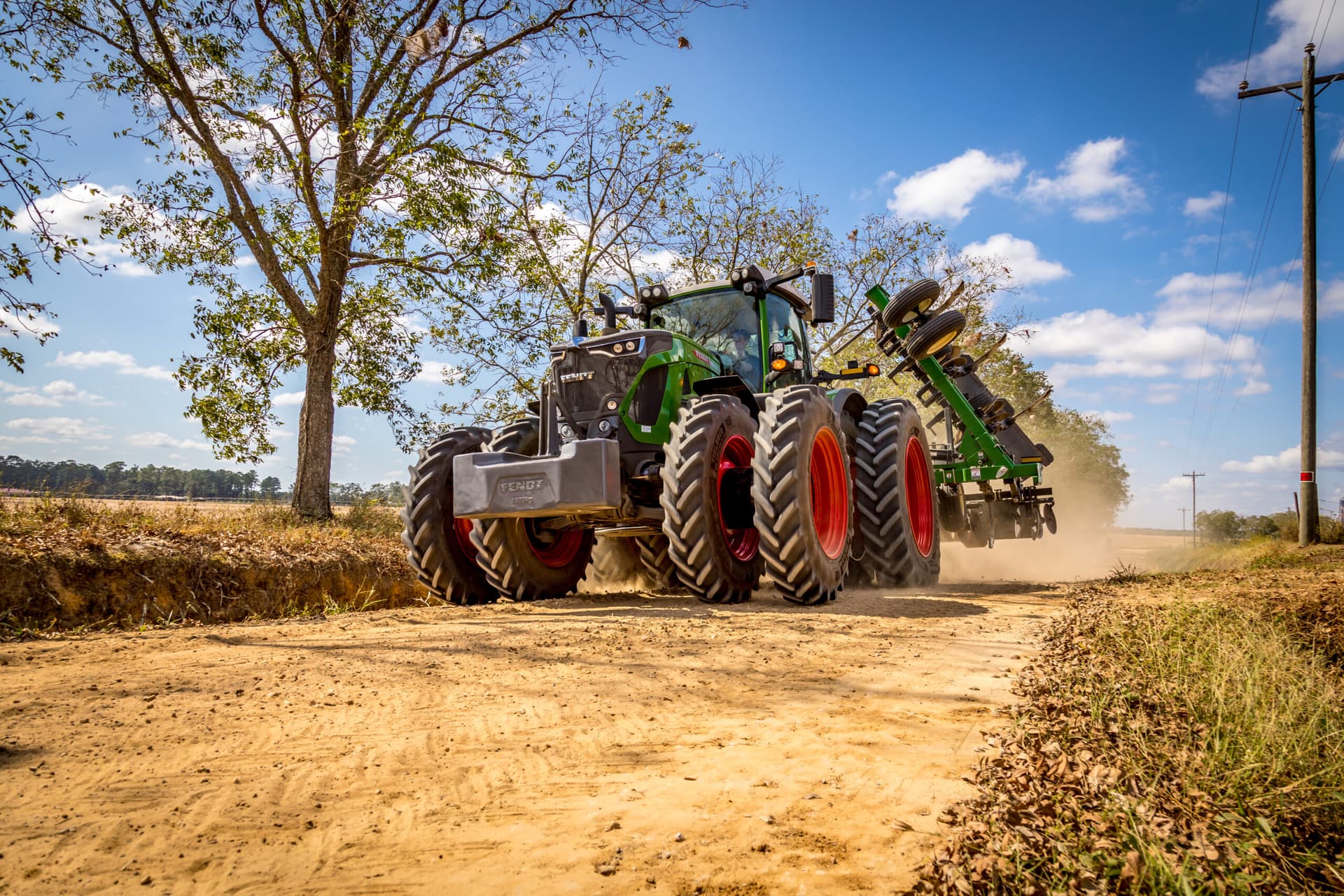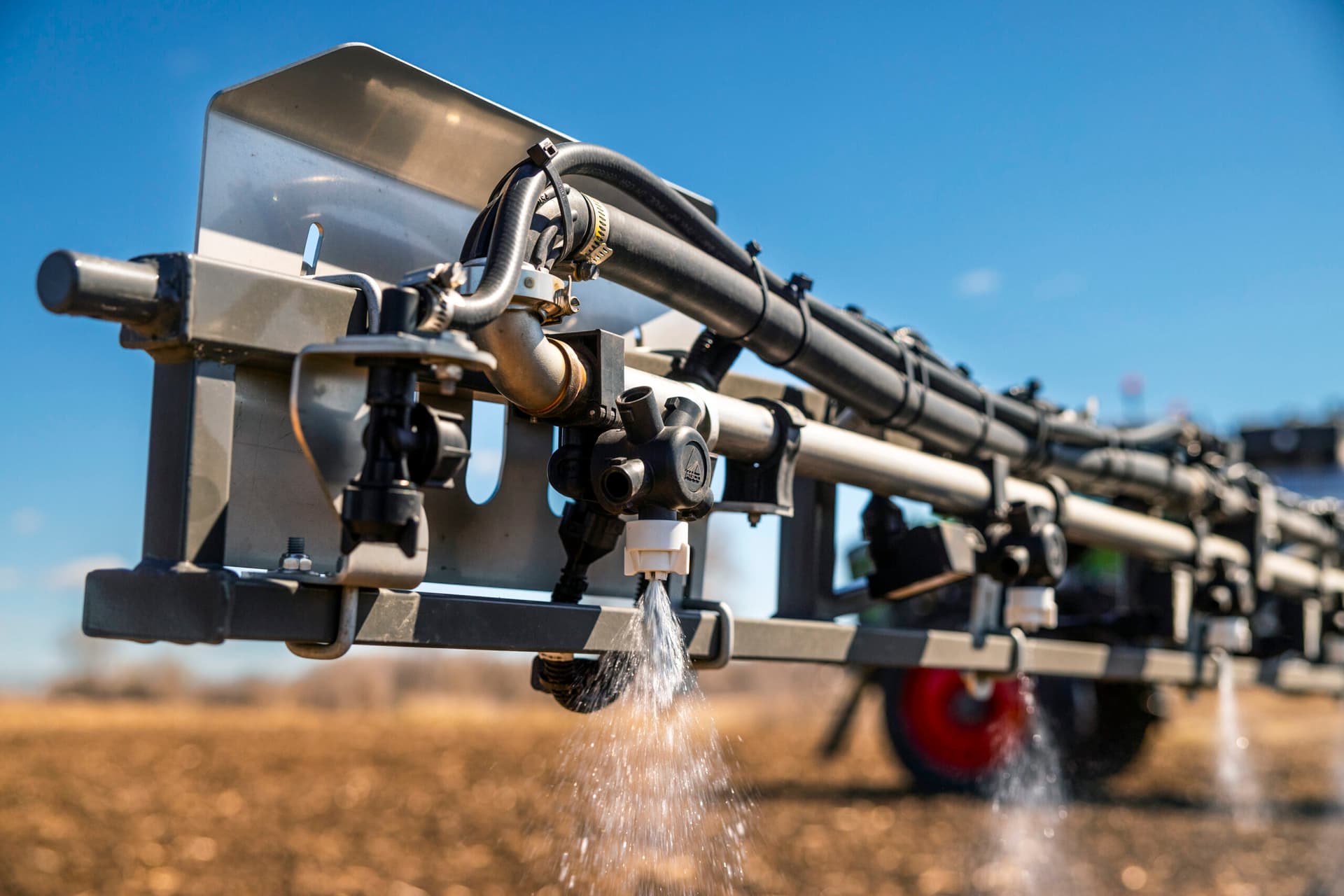
Seasons Are Changing! Are You and Your Equipment Ready?
11/1/2024

Seasons Are Changing! Are You and Your Equipment Ready?
As the hectic summer and fall seasons begin to end and we enter the snowy winter months of the year, it is important to take proper care of your equipment, so everything is ready for you to come next spring! With the help of Penn State Extension and our trustworthy Service Technicians, here are some help tips and guidelines to follow as we prepare for winter on the farm!
- Clean equipment and protect exposed surfaces
- Check fluid levels and fill accordingly
- Plan for and make any major repairs needed
- Check your owner’s manual for suggested actions
- Check batteries and tires and charge or inflate accordingly
Penn State Extension provides detailed descriptions of the following areas to check and prep for winter months. Below we will cover some of the basic items on your machine to prepare for colder weather!
AFTER-HOURS SERVICE NUMBERS
Chanute----------------(620) 432-4077
Ellinwood---------------(620) 617-4561
Colby-------------------(785) 443-0180
Garden City------------ (620) 640-0520
Hays--------------------(785) 735-7084
Hillsboro----------------(620) 877-0590
Salina-------------------(785) 643-4020
Smith Center------------(785) 282-1164
S. Hutchinson-----------(620) 200-6371
Topeka------------------(785) 213-9894
*All information provided by: https://extension.psu.edu/preparing-and-storing-farm-equipment-for-winter.

